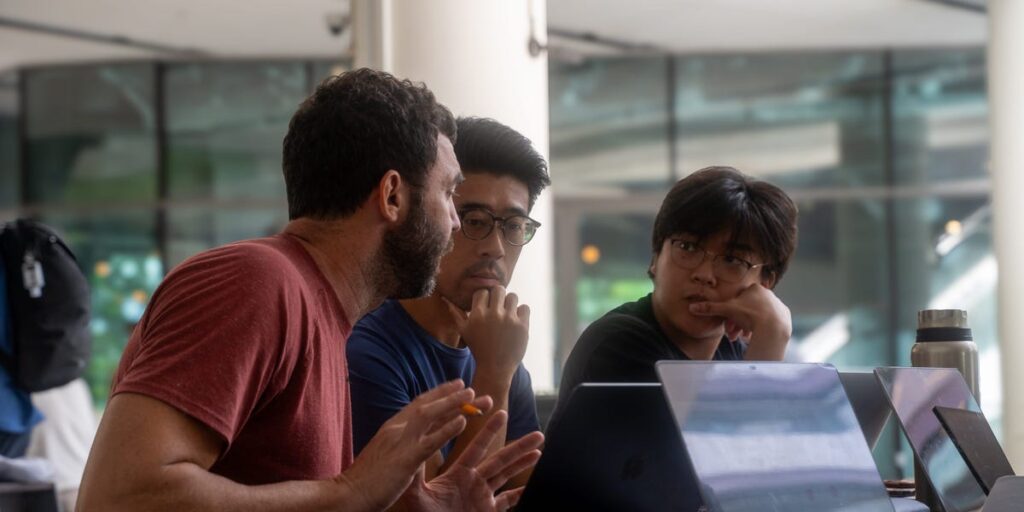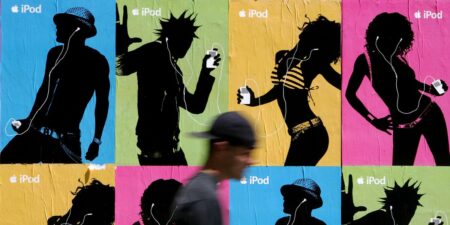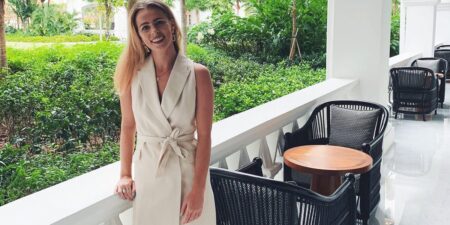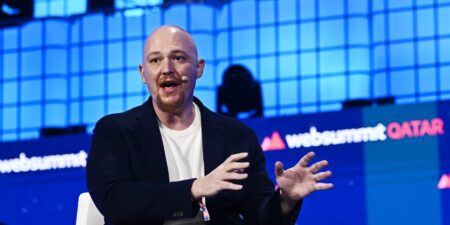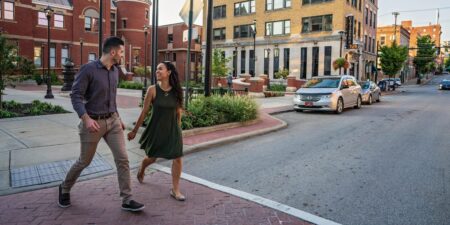X
Bluesky
Copy link
Impact Link
Save
Saved
Read in app
subscribers. Become an Insider
and start reading now.
Have an account? .
- A 24-hour hackathon in Singapore brought together 400 people for an intense vibe coding session.
- The event was sponsored by firms like OpenAI and Anthropic, and offered winners cash prizes and swag.
- Here’s what the day was like.
As I left the lecture hall at the Singapore University of Technology and Design on Saturday, the 400 people filling the room behind me seemed relaxed, chatty, and ready to get to work.
Fast forward almost 24 hours, and I was met with a rather different scene — a sea of hunched, well-caffeinated vibe coders typing furiously as they raced to submit their work.
They had assembled for Cursor’s 24-hour weekend hackathon, one of Singapore’s largest hackathon events, competing to build anything they wanted using AI tools.
The event, which was sponsored by major AI firms such as Cursor, Anthropic, and OpenAI, offered more than $100,000 in cash and credits for the winners, as well as company swag.
Here’s what the day was like.
My first thought: Who’d spend their weekend hunched behind a laptop screen?
I was pleasantly surprised to find that the event had brought together people of all ages and levels of experience, including some serial hackathon winners and others that had never coded before.
The event was sponsored by firms including OpenAI, Anthropic, and Google’s DeepMind.
Workshops run by volunteers and employees from companies like Cursor, Google’s DeepMind, and Groq showed participants how to use their tools to build fun and quirky apps.
I met a 13-year-old who was building an AI college guide with his dad and sister.
The siblings told me they had been encouraged to take part in the event by their dad.
They were building an AI university guidance counselor that can help students pick high school subjects and decide college courses based on their skills.
One organizer showed participants how to vibe code a pet website using Cursor.
A college grad said he completed his project in around 2 and a half hours.
Rach Pradhan, a recent college graduate who works at an AI startup, told me that he arrived at 11 a.m. and completed his project at 1:30 p.m.
Pradhan used Windsurf to build a tool that can help marketers ensure that their clients’ “voice” remains consistent across marketing campaigns and different social media platforms.
Company swag on offer included T-shirts, stickers, and hats from Supabase and Cursor.
Hundreds of dollars worth of free tokens were also available from AI services such as DeepMind and Groq.
There were huge lines for lunch.
Pizza, burgers, and Teriyaki chicken bowls were on the menu.
12 a.m. to 2 a.m. were peak ‘office hours.’
The organisers played rave music at 3 a.m. to try to keep the energy up.
More relaxed music was playing when I returned at 7:30 a.m. on Sunday.
People had crashed on the lecture hall floor and in the study spaces outside. There were blankets, sleeping bags, and pillows scattered around. One person had even brought an air mattress.
Many participants also carried a ziplock bag with their toothbrush and toothpaste.
147 projects were submitted, and the judges had to pick 15 finalists.
Between 9 a.m. and 10 a.m., the organizers watched demo videos to shortlist the finalists. The projects were judged on technical quality, “polish,” execution, and “wow factor.”
The winning submission was an AI art generator that turns finger gestures into brushstrokes.
Outside the lecture hall, coders could finally relax.
Some teams, including RizzedIn.ai, demoed their projects on stage.
Imagine LinkedIn meets Hinge. RizzedIn built an AI tool that scrapes LinkedIn profiles and matches users based on their professional backgrounds.
‘Too many’ cooks in the kitchen.
After the event, organizers told me that most of the top 15 projects were from solo developers.
One hacker, whose teammate had flown in from the Netherlands to take part in the hackathon, said that he preferred to build alone or in a pair.
He said having four people on a team felt like having “too many” cooks in the kitchen because of how efficient coding tools have become.
An organizer said she clocked just 2 hours of sleep during the event.
After the awards, one organizer, Sherry Jiang, showed me her Fitbit, which said that she had slept just two hours the previous night.
She said she had spent most of her time ordering pizza and coffee, offering people codes for computer credits, and fielding questions from hundreds of stressed coders.
Read the full article here







